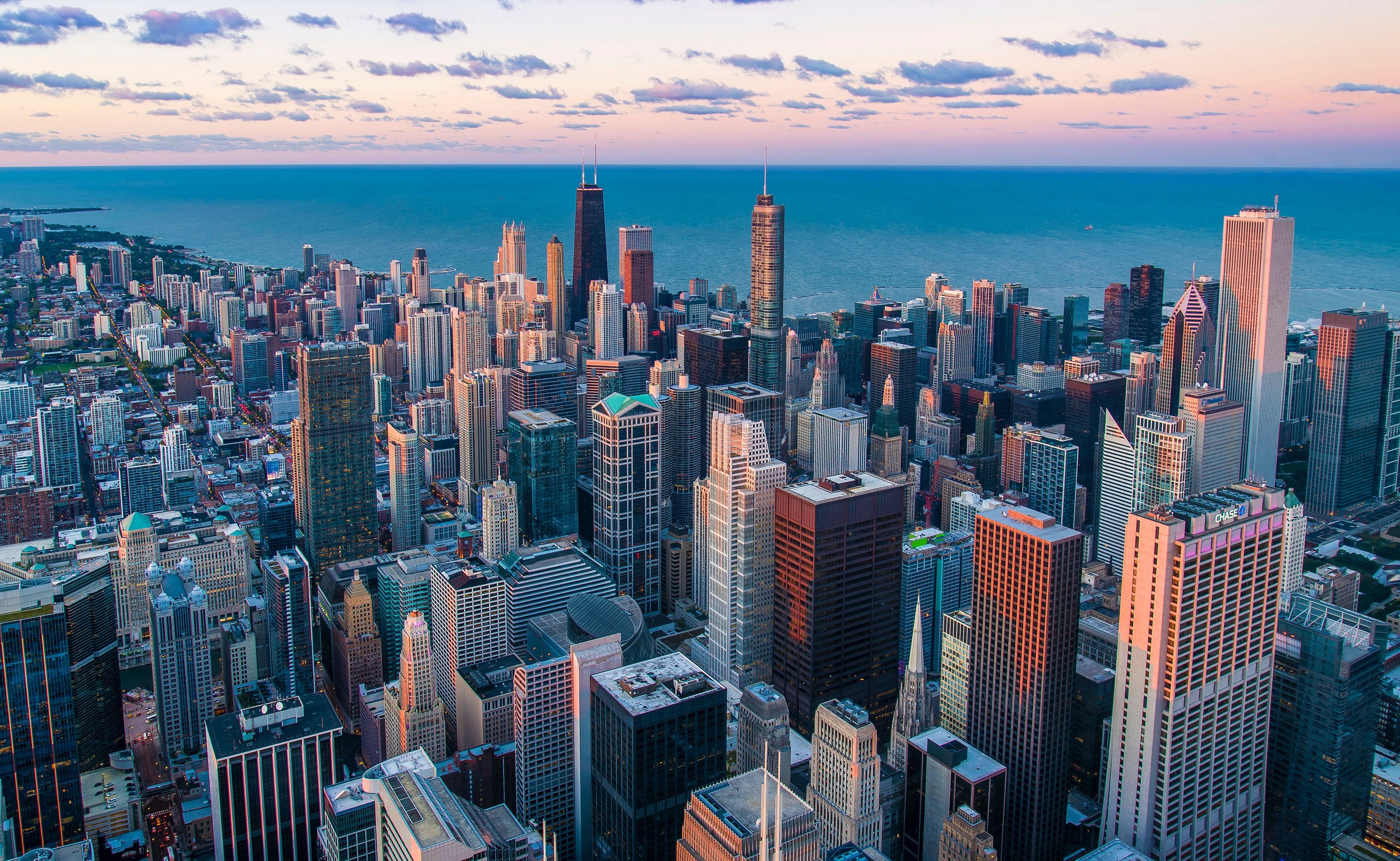One of the hardest parts of returning home from prison is finding a place to live. Many of UPLC’s clients are imprisoned and upon their release, face a barrage of barriers to housing and housing stability. Beyond housing being unaffordable, landlords often automatically deny admission to anyone with a criminal record. These so-called “blanket bans” deny applicants the chance to be considered for housing, and prevent them from offering information as to why they should be considered more than their criminal record.
Black and Latino men are in particular impacted by these “blanket ban” policies, because they disproportionately bear the brunt of our overly punitive and racist criminal-legal system. Housing denials based upon criminal records become proxies for race and national origin discrimination, and validates a criminal legal system that has harmed communities of color for more than a century. It also negatively impacts others, including persons with disabilities and survivors of gender-based violence, who are so often criminalized rather than offered help.
Research shows that safe, stable, and affordable housing plays a crucial role in helping people reintegrate into society, and reduces recidivism rates. Housing stability improves a person’s chance to gain employment, reconnect with family, and receive other support.
April is Second Chance Month and Fair Housing Month, and a chance to reflect not just on how far we have come, but on how far we have to go.The federal government played a huge role in validating the use of a person’s contact with the criminal-legal system to automatically deny them housing or to evict them. Laws and policies governing federally assisted housing took a strict liability standard. Anyone in the home or guest who had contact with the criminal legal system—including an arrest with no charges, even of a minor child—triggered an eviction and barred people from housing. These so-called “one-strike” policies firmly planted the idea that any contact with the criminal legal system—however tenuous, unlawful, racially-motivated, or long ago—should permanently bar a person from securing a home, or returning home to live with their loved ones. This same type of unrelenting “one-strike” policy applied in similar fashion to employment, licensing, and public benefits.
Over time, largely due to the dedicated advocacy of system-impacted people and their allies, society came to realize that “one strike” policies fail everyone. They do not fairly measure a person’s ability to be a good tenant. They keep families apart. Also, they increase homelessness among system-impacted people, which in turn impacts recidivism rates.
Due to this powerful advocacy, in 2016, the U.S. Department of Housing and Urban Development’s (HUD) Office of General Counsel issued guidance on the application of the federal Fair Housing Act to the use of criminal records by landlords to deny admission or not renew a lease. For the first time, HUD officially linked the automatic denial of housing to someone on the basis of a conviction (without an individualized review of the whole person, including recovery, victimization, and rehabilitation) with discrimination under the Fair Housing Act. HUD also noted that arrests alone cannot be used to deny a person housing. During the Biden administration, HUD took steps to further the rights of system-impacted persons to fairly secure and maintain housing, by proposing regulations that would have required most federally subsidized housing providers to give system-impacted people a fair chance at housing, and blocking the use of arrest records to deny housing. UPLC played a role among many in these efforts, and provided vital information about how these “blanket ban” policies negatively impact UPLC’s client community and mission.
Local movements made an even greater impact on delinking criminal records from housing access. For example, in Cook County, a group of system-impacted people and allies (including as the lead sponsor then-Cook County Commissioner, now Chicago mayor Brandon Johnson) significantly changed the housing landscape in 2019 with the passage of the Just Housing Amendment. By prohibiting landlords from rejecting applicants based on convictions older than three years, or solely on arrests, this landmark reform shattered walls that kept people trapped in cycles of instability, offering them not just a more equal opportunity for shelter, but the opportunity to rejoin their communities in a stable way.The Just Housing Amendment requires an individualized look at each applicant for housing, considering the whole person and family. Ultimately, the Just Housing Amendment recognizes what UPLC has long believed: people are more than their criminal record.
The progress that system-impacted people and their allies made, including through the progress at HUD, in Cook County with the Just Housing Amendment, and as well as many other local and state campaigns throughout the country, have fundamentally shifted the housing landscape towards justice and equity.
Now? All of this is under threat. The HUD criminal records regulations proposed during the Biden administration did not get finalized, and HUD has remained silent about its past commitments to redress harm caused by policies that automatically deny admission or evict a household who has had any contact with the criminal-legal system. There is also a fast and reckless retreat on fair housing, investigations, and fair housing resources at the federal level. While these steps do not invalidate the court decisions finding a connection between the Fair Housing Act and the use of criminal records to deny someone a home or local and state efforts, it takes away a critical partner in the fight.
This makes the work to enforce and improve federal, state, and local laws regarding housing access for people with criminal records all that more important. We at UPLC are ready to support system-impacted people in their fight for justice and a fair chance to find a home. We will continue to enforce the Just Housing Amendment, the Fair Housing Act, and the Illinois Human Rights Act, so that people have a fair chance at housing. UPLC will also continue to talk about these laws and their obligations to system-impacted folks and others wherever and whenever we can. Housing is a human right, and therefore everyone deserves a place to call home.

